We recently decided to move to Budapest and enjoy the key location of the city, especially because we want to do more road trips across Europe. We learned a lot about living in Budapest and as with every European city, there are important things to be considered before moving here. In all honesty, Budapest is a fantastic place and we like it during winter, so we very much expect to be madly in love with it once Spring comes.
There are many things you need to know about living in Budapest and we will try and tell you about it all so you can better prepare for your move. In this guide, we will include prices in Budapest, information on Budapest currency, population and apartments. We will also outline some potential “hidden costs” which we didn’t know about when we first arrived.
Remember that living in Budapest is totally different than visiting the city. If you are looking for accommodation information you should check where to stay in Budapest.
Table of Contents
- Budapest Currency
- People in Budapest
- Living in Budapest
- How to find a flat in Budapest
- Cost of living in Budapest
- Eating out in Budapest
- General Shopping & Services in Budapest
- Healthcare & Insurance in Budapest
- Hospitals & Health
- Budapest Public Transport
- Budapest Taxi
- Living in Budapest as an Expat – Summary
Budapest articles you will find useful
- Why Budapest is a gem on the Danube
- The Best Time To Visit Budapest
- Where to stay in Budapest – Best Districts & Hotels
- Budapest Airport to City Centre Guide
- Where to have the best Langos in Budapest
Budapest Currency
Let’s start with the most important thing, the local currency.
The currency in Budapest and in Hungary is the Hungarian Forint written as “Ft” or HUF. Some international shops and real estate agents might show you prices in Euro.
An easy way to remember the exchange rate:
1000 HUF is roughly £2.50 or €2.80
In Hungary, the banknotes are 500 HUF, 1000 HUF, 2000 HUF, 5000 HUF, 10,000 HUF, 20,000 HUF and there are some coins from 5 HUF to 200 HUF.
Interestingly, there are no 1 HUF or 2 HUF coins so all prices are rounded to the nearest 5 HUF. If your shopping is 101 HUF, you will pay 100 HUF. If shopping is 104 HUF, you will pay 105 HUF. (Only if you pay by cash)
Mastercard & Visa cards are widely accepted. You will usually get charged extra €3-5 at cash machines for taking money out.
It is a good idea to have some cash on you, especially small change for ticket machines and some street vendors but generally, cards are accepted everywhere.
The 20,000 HUF note is going to be too large in most shops. I recommend you swapping them for smaller notes as soon as you can. If you pay by large banknotes, please double check your change to ensure you got the right amount back.
It is not considered rude to check your change. Most vendors will make a point of counting the change loudly while giving it to you.

People in Budapest
Budapest is home to approximately 1.7 million people. The Budapest area is 525.2 km², larger than Bucharest, Vienna or Prague. The life expectancy of Budapest residents is on average 75.7 years. There are roughly 52% women and 48% man.
Now, that the stats are out of the way, you might be excited to know that Budapest is a relatively young city, full of young professionals and new families. There is a huge student population given the many universities.
The expat community has been steadily growing in the last few years and it is now more common to hear English on the streets than ever before. Finding accommodation and English speaking help is also easier than ever. Many agents speak very good English and they are used to the requirements of expats and visitors.
The older generations of Hungarians don’t usually speak English or other languages (maybe a little Russian) but the new generations will defiantly be able to have a conversation with you.
Find expat groups on Facebook, they are usually super helpful and will get you the right information faster.
Living in Budapest
Living in Budapest can be a challenge in the beginning, especially if you are coming from the UK or the USA. You will have to get used to a different system on how people interact with each other.
Budapest has a lot of community-style houses in the centre. These are large building made up of 3-5 flats per floor. There is an internal courtyard with balconies facing inwards.
Historically, these were housing for the rich middle class. Each building comes with a person who looks after the building, does the cleaning (common areas) and deals with any issues.
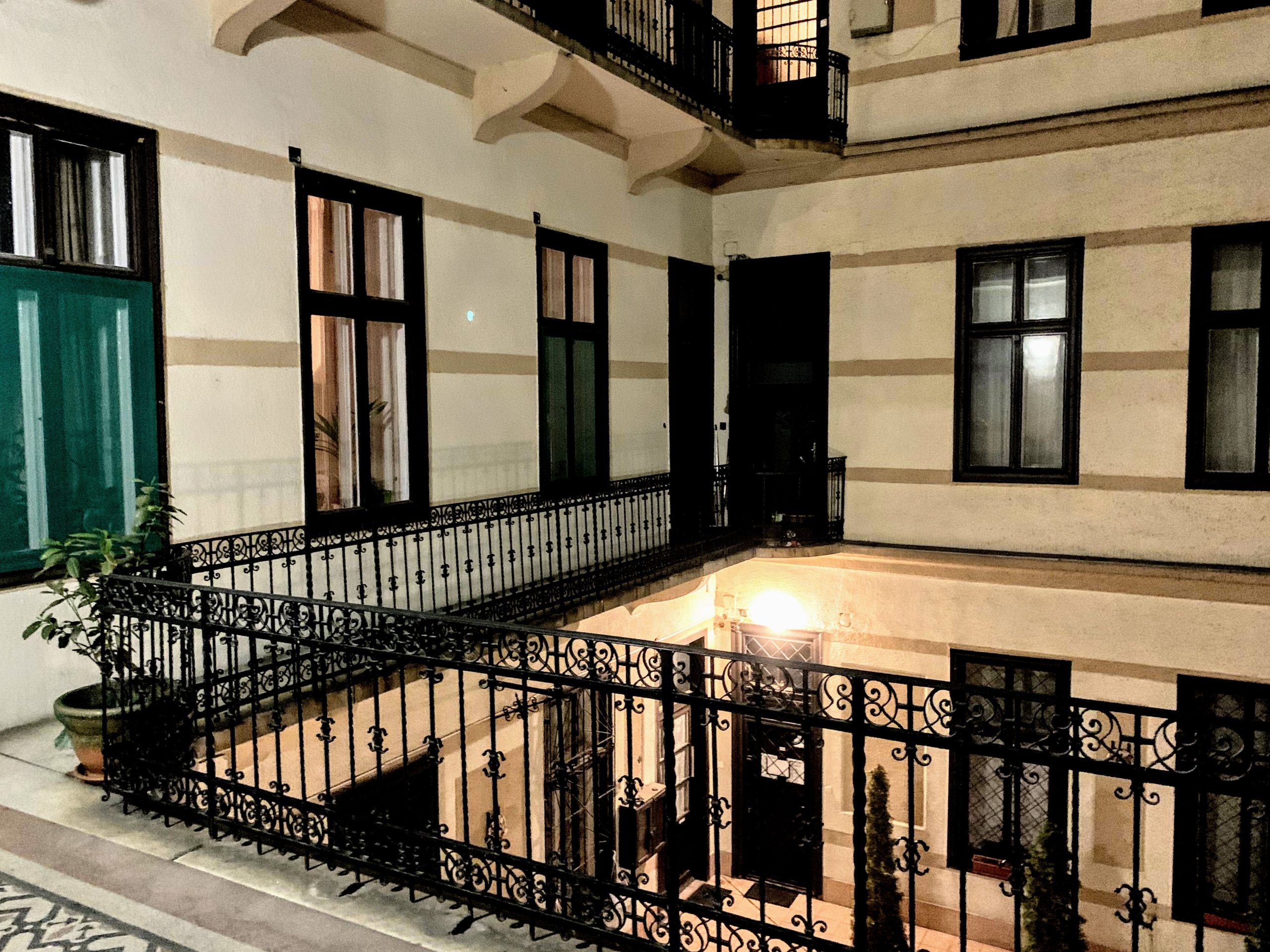
Depending on where you move, you might find that the inside of the building and the common areas are in a bad shape but the flats are fully renovated and in modern condition. If you can, look for renovated buildings and avoid the ones which are under renovation.
As an international married couple, we have the advantage that between the two of us, we speak several languages. G speaks Hungarian (yay) which means that it was much easier for us to communicate with agents, arrange viewings and translate contracts.
Even tho G spoke Hungarian, everyone spoke English during flat viewings. The agents and owners addressed me in English and we all spoke in English for the whole duration of the conversation so I don’t feel left out. That was extremely nice and highly appreciated.
Our tenancy agreement was written in both languages. This is especially useful if you move alone so you will know exactly what you are signing. It is common to ask for 1-2 month of rent in advance + deposit. There is no key money or anything similar.
Your usual fees for a rental are electricity, water, gas, phone/internet and or TV. Most houses charge a fee called the “common cost” – see more details later – which includes cleaning of the hallways, stairs and general maintenance of the building. There are often flowers in the hallways.
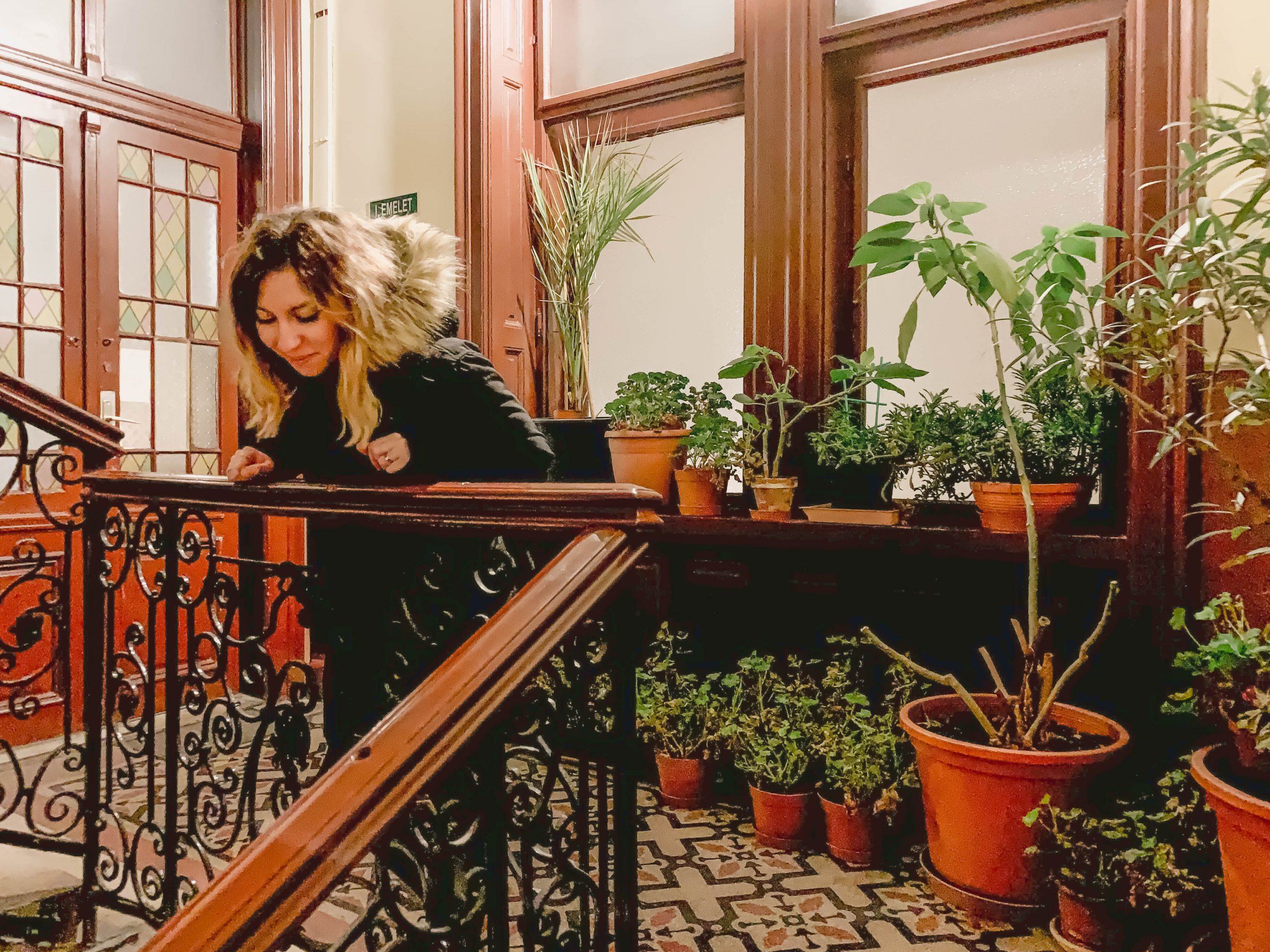
Living in Budapest is pretty great. For us digital nomads, the city seems to tick most boxes. We like the food, the restaurants, the prices and the cityscape. We also like the shops, the walking opportunities and the atmosphere.
There really was just one thing we didn’t like about Budapest. Unfortunately, there is a large number of smokers in the city. This is the only thing we wish the government would ban from public spaces, the same as they did in the UK.
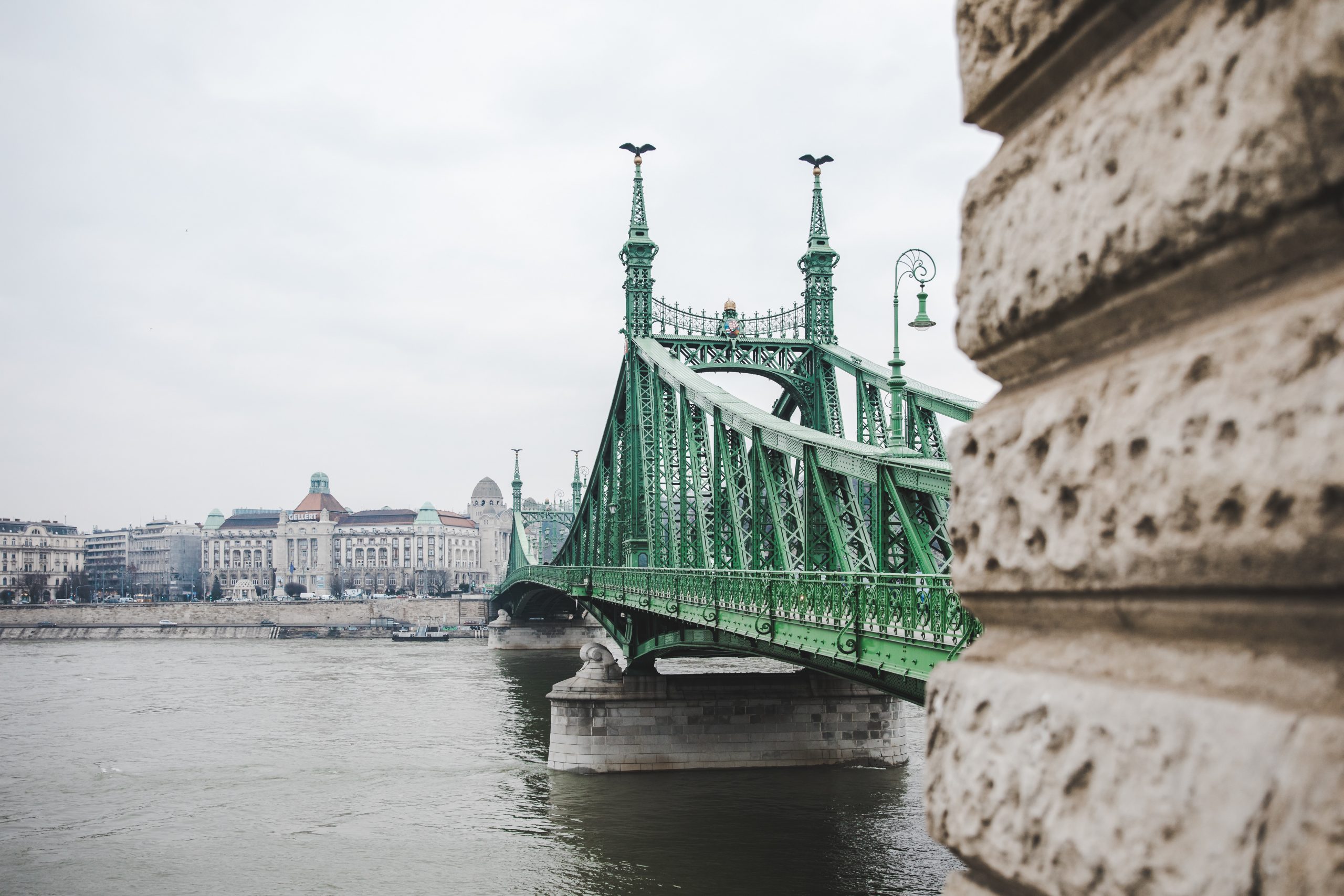
How to find a flat in Budapest
Finding a flat in Budapest wasn’t as easy as we thought. We honestly imagined we will find a wide range of apartments for a low price. We spent just under a month running around trying to find the perfect flat which ticks all the boxes.
We learned that the easiest way to find a flat is to get several agents who will help you find what you need. You don’t have to pay the agent as they get their commission from the owner. Because of this, however, most owners are only willing to rent long term. So, expect to sign a contract for a minimum of one year. If you are lucky, you might find owners willing to sign for 6 months. it’s worth asking.
We searched on a combination of places: Ingatlan is a Hungarian real estate website. The site is in Hungarian but with a bit of help from Google translate you should be ok. Most estate agents speak English anyway, so don’t be afraid to call the numbers. Another great resource is Alberlet. This is, in fact, where we found our apartment. Occasionally, the property will be rented by the owner.
Websites to find flats & long term accommodation in Hungary

Another option is to join a few Facebook Groups for expats where you can find daily rental offers. Search for “rent in Budapest” and you will find a handful of really good groups. Join them and check them daily. The cool thing about this approach is that you can message the estate agent/owner directly and communicate in writing. Make a list of all your requirements and send it to them. They will send you recommendations.
It was a bit harder for us to find a place because we wanted a spacious flat with 2 bedrooms, one which we could use as an office. Ideally, we wanted a newly renovated, extremely quiet flat with new furniture and appliances, located in the heart of the city, and preferably at a low cost. After almost a month of hunting for the elusive flat, we almost gave up, when, our magical flat appeared.
In conclusion, rent an Airbnb when you arrive and start searching. Use your time in the Airbnb to hunt for a flat and visit as many as you can in your preferred district.
The best time to start is pre-season, in January/February. You should be able to find a flat by March/April the latest. If you planning on arriving in the summer, however, prepare for high Airbnb prices. Also good to remember, that the market goes to sleep around November. Nobody likes to move in the cold and just before Christmas.

Cost of living in Budapest
Budapest has a reputation for being an amazing city for digital nomads. Whilst this is true, don’t be fooled, because, by all means, Budapest is not cheap, well, not anymore.
A two-bedroom apartment in a central location and good condition starts around £650. The better the location, the newer the appliances and the larger the flat, the more you can expect to pay. We are paying a little more, but as already mentioned, we had a list of funky requirements. But hey, we work from home, so our space needs to be nice.
In the advertisements, normally all the costs are clearly stated. One unusual cost which we haven’t come across before is called the “common cost”. Depending on the building, it’s roughly around £45/€50/m. This covers the bin collection and recycling, the cleaning and the electricity in the common areas.
The newer or more luxurious blocks usually have higher common costs. For example, we went to see a flat in the beautiful Avenue Gardens on Andrassy Street and the common cost was around £130/€145/m. This included, however, access to a 24/7 concierge service, spa, pool and gym.
When you view the flat, make sure to double-check all the costs involved.

On top of the rent and common cost, you usually get electricity, gas and water. These are separate bills given to you by the landlord or the agency. Expect around £100/€115 and £150/€170 per month, especially if you work from home.
When you move in, you usually need to put down two months deposit and one month rent in advance. This is pretty standard. Make sure you check everything when you move in and make any amendments to the contract if needed. Take pictures and keep them safe for when you check out, to ensure you get all your deposit back.
Send an email to the owner as soon as possible about any issues so they can be fixed. Also, write your name on a sticker and put it on your postbox and the doorbell outside the main door so your post can find you.
Budapest has a wealth of local markets, small shops and large supermarkets. If you own a car, you can drive to the outskirts and do your shopping in hypermarkets. Alternatively, pretty much all districts have their own market (“piac” in Hungarian).
That’s a good way to support the local communities and get cheaper, fresh produce. Since we are plant-based and trying to purchase organic, whole foods, our food bill is a little higher.
We usually shop in the market for 3 days in advance and our costs are around £45/€50 for the two of us.

Eating out in Budapest
There are so many restaurants and bars in this city, you probably won’t get bored too quickly. Avoid main touristy places as a set “traditional” menu is almost £15/€17 per person. That’s nonsense. We have a vegan restaurant in Budapest we regularly go to and spend just £10/€12 for a three-course meal for two people. That’s £5/€6 per person for a delicious soup, main and a cake.
Non-vegan food also doesn’t have to expensive. The main streets are usually the most expensive but don’t be afraid to walk a bit for a restaurant with good ratings.
Customer service is a hit and miss in the city. Today you might find the best service and the nicest people while tomorrow they will be grumpy and rude. This is still Eastern Europe but things are improving.
Bars are also cheap, beer usually costs around £2/€2.50. Of course, if you buy them from the supermarket, prices become even cheaper. We love buying Torley Hungarian sparkling wine which costs around £3/€3.50 per bottle. A good bottle of wine starts from as little £4/€4.50.
There are lots of bakeries all around Budapest, so you can certainly buy fresh bread every day. There are large varieties of bread. You can find almost anything ranging from the usual sliced white bread to the special wholegrain loaves.
There are also lots of Hungarian treats, like the awesome “Budapest langos“, pastries and cakes. A slice of vegan cake in the city centre will cost around £3/€3.50. The more central you go, the higher the prices.

General Shopping & Services in Budapest
Clothes and shoes cost roughly the same in Hungary than in pretty much any other capital city in Europe. As with most cities, there are a few expensive streets lined with large international brands and boutiques.
The Internet is super fast and reliable in Budapest. Expect to pay around £20/€22 – £30/€35 for a monthly rolling contract or less if you sign for 12 months.
Internet service providers in Hungary, Budapest
- Digi
- UPS
- Magyar Telecom
Don’t be afraid to ask for special offers and discounts. Usually, all companies have an option to buy online or in the shop. Connection times depend on a lot of things but can be as quick as 24 hours.
If there are issues with the line/cable, someone will come out and fix it for you. This might take longer but you will find that the workers usually nice, professional and speak enough English.
As in many countries, if you buy your mobile phone, TV and internet form the same company you can get some great deals. It’s worth checking and comparing prices.
Mobile phones companies in Hungary
- Vodafone Mobil
- Telenor Mobil
- T-mobile (Telekom Mobile)
Healthcare & Insurance in Budapest
You need to consider health insurance for you and your family which start from £25/€28 a month. If you are an EU citizen, make sure you get your free EHIC card. With this card, you are covered for emergency treatment. Make sure you carry it with you at all times.
An alternative is to pay as you go for private medical treatments. I needed a knee MRI back in November 2019 and I paid around £120/€135. Doctor consultation was around £40/€45 per session and blood tests were £45/€50. So not too bad, considering it was all private and I got appointments usually within the same week.
Hospitals & Health
“Kórház” means hospital in Hungarian. Most medical staff should be able to speak English. In hospitals, the service might be slow. If you can, it’s better to go private.
- Péterfy Kórház – for emergencies
- Szent Rókus Kórház – general hospital
- Buda Health Center – private clinic

Budapest Public Transport
Infrastructure in Budapest is great and you most certainly don’t need a car in the city. In fact, it’s really not convenient to own a car in the city as you have to pay for the car park, which is between £60/€67 – £120/€135 per month, depending on your location.
If you decide to buy a car in Hungary, the full insurance and related costs (road tax) shouldn’t be more than £200/€225 per year.
Buses, trains, trams and subways are all reliable and run on time. I found that some of the Budapest undergrounds are in desperate need of renovation. Although they look outdated, they are generally safe.
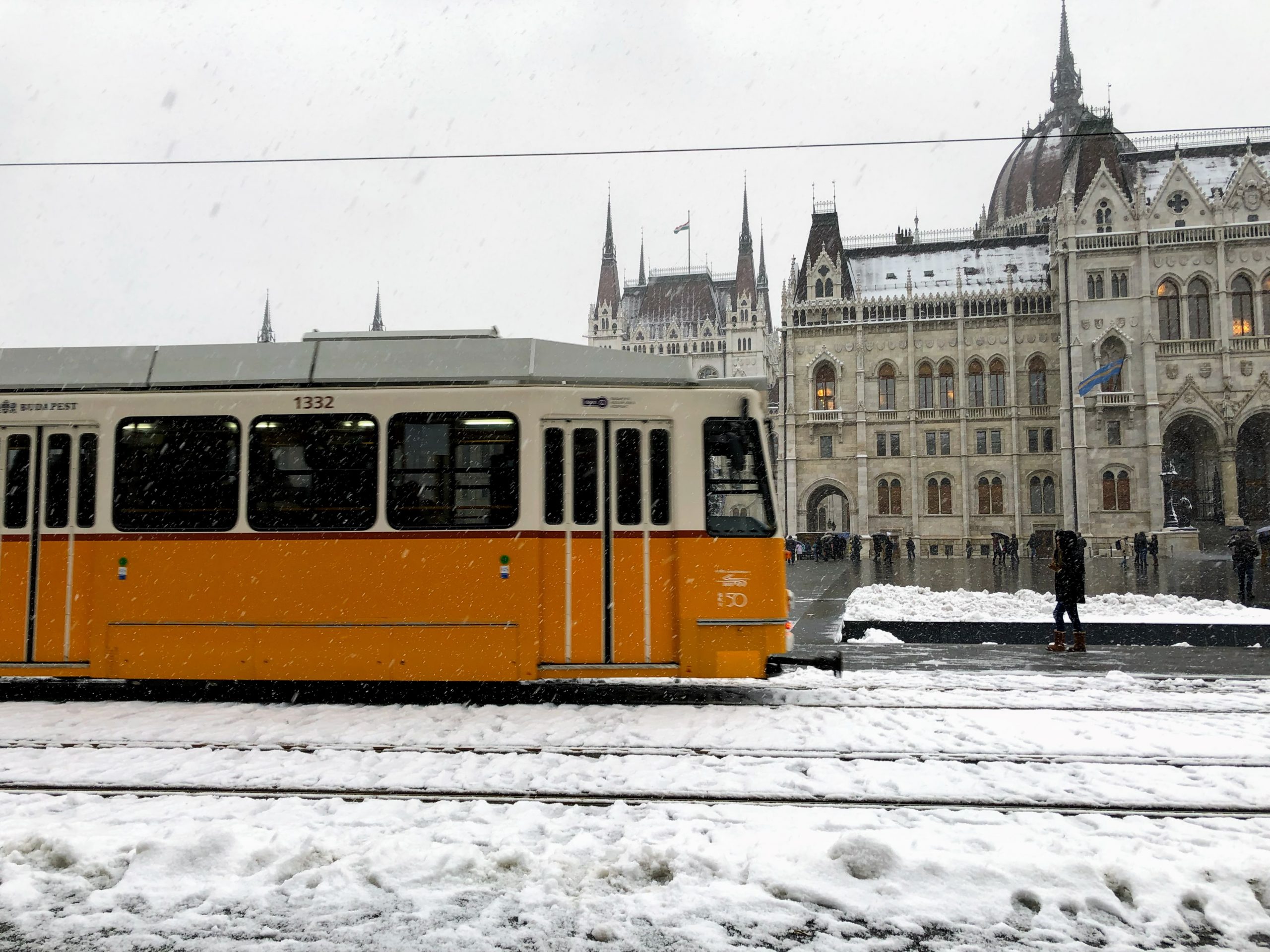
Tram 4 and 6 runs 24/7 and covers most of central Budapest which is good to know if you plan a late night out and need to rely on public transport to get home. Just note that there are checks even during the night, so best to have your ticket on you at all times.
We prefer to walk. It’s a good way to save some money, exercise and stay fit. Thus far, we walked everywhere and it was great. Ok, fine… We drove to Ikea once, but only because it’s 30 minutes out of the city by car.
Budapest Taxi
You can also take cabs. Budapest Taxies are usually yellow and have a meter fitted. Prices are written on a card and should be visible at all times. Don’t allow your driver to go without the meter running. Taxis fares to and from the Budapest Airport are fixed and should be around €26 (8000 HUF).
There is also Taxify which is the Uber alternative for Budapest. Download their app and book rides conveniently. Their drivers are usually very nice and professional. You should know the prices upfront and can pay via the app. It is customary to tip if you are satisfied with the service.
Budapest Taxi Services
- Budapest Taxi
- 6×6 Taxi
- Taxi Budapest
- Fotaxi
- City Taxi
Living in Budapest as an Expat – Summary
Since we wrote this article, we moved away from Budapest. Nothing against the city, but we wanted a change of scenery. We remember fondly our time in Budapest and will visit again when we can.
The city is improving very fast. New buildings, renovation projects are happening everywhere. Prices are increasing as well. We updated the prices in this article in January 2021.
Let us know if you have any questions or if you feel we forgot something in the comment section below.


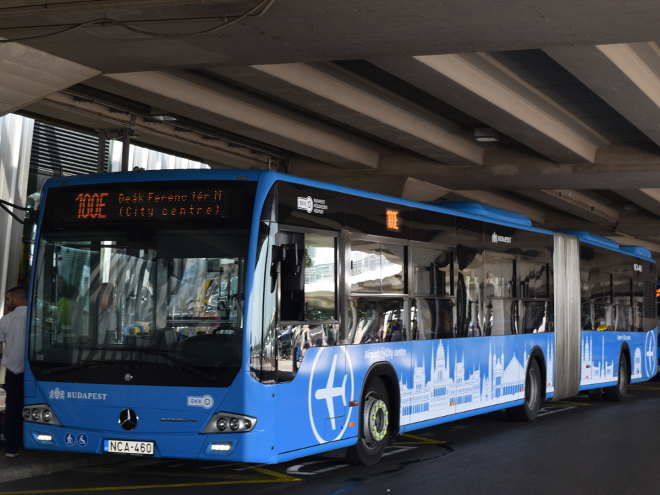
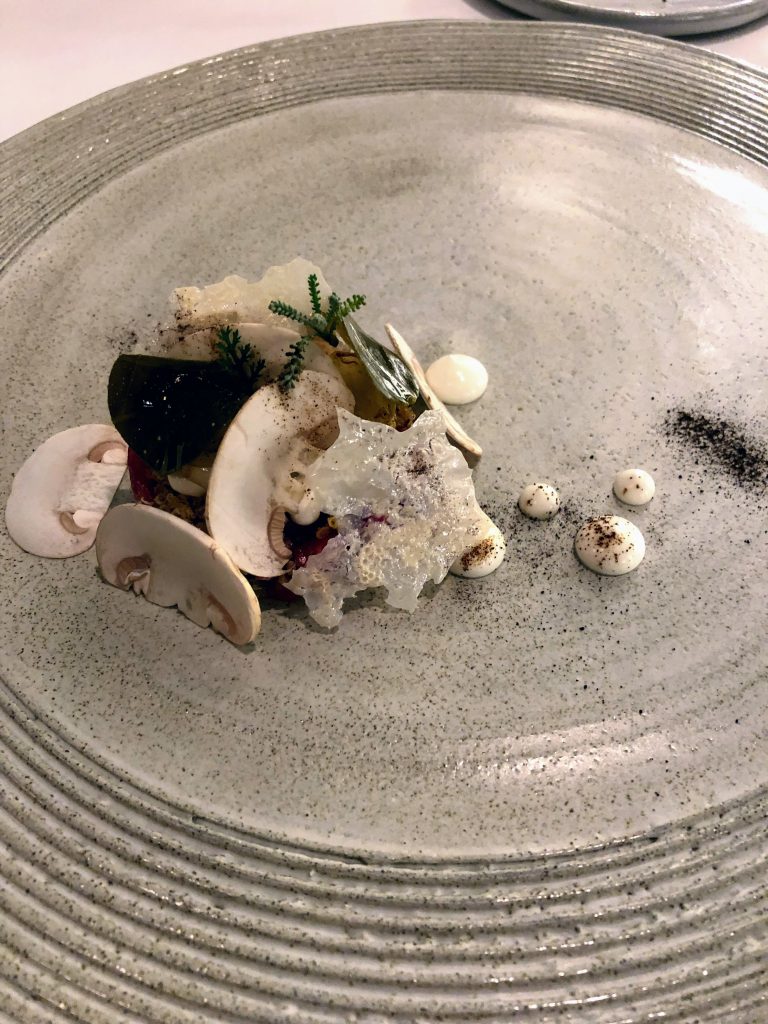





Leave a Reply